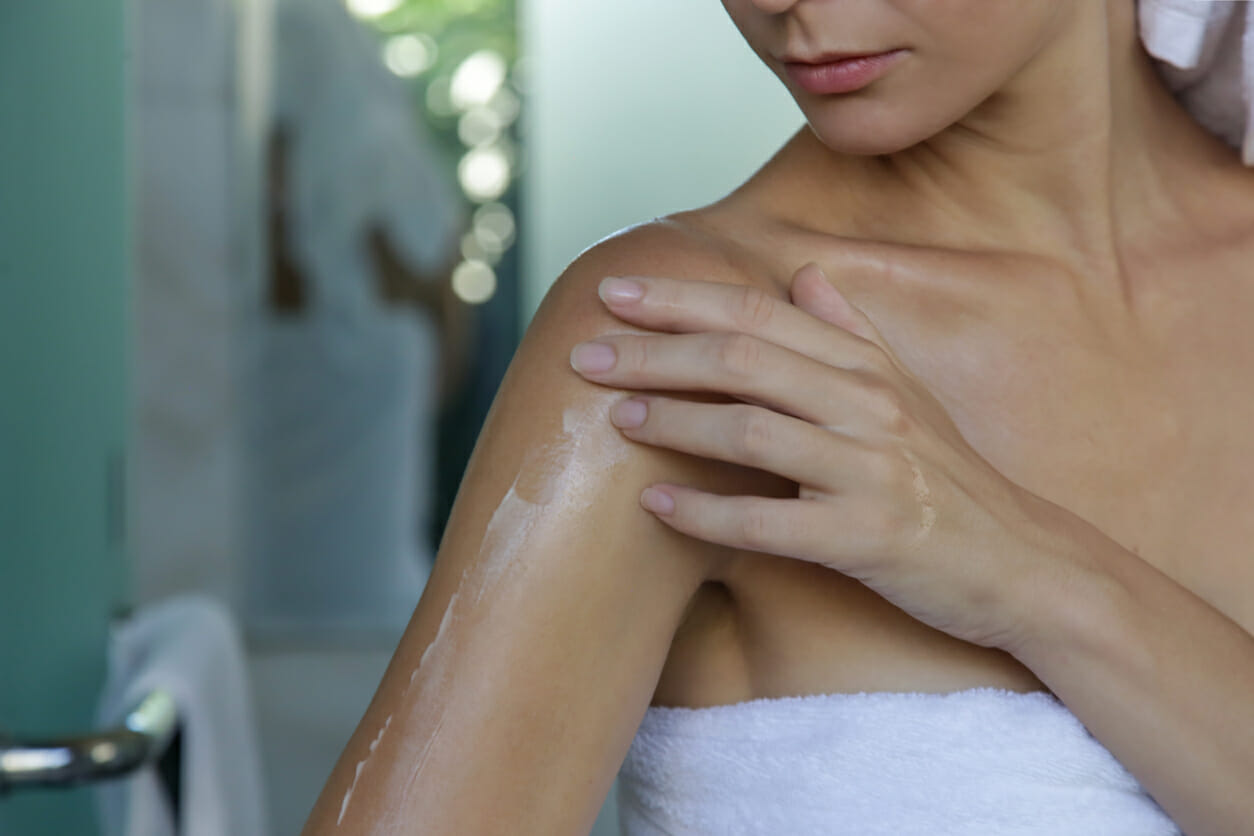Allergy Awareness Week is from April 24 to 28, making now an opportune moment to delve into the complex interplay between allergies and an array of skin conditions. Recognizing how allergens can flare up underlying dermatological concerns is essential for refining strategies to promote your skin’s well-being. In this article, I’ll dive into the correlation between allergies and skincare.
MORE NEWS: Retinol 101: A beginner’s guide to the popular skincare ingredient
Navigate Allergy Testing
Allergies rank as the sixth most prevalent chronic illness in the U.S., impacting over 50 million Americans annually. With this prevalence, it’s important to remain informed about the ideal timing for allergen testing. Common diagnosis of various allergic conditions includes hay fever, asthma, eczema and other skin disorders, food allergies, and seasonal allergies, among others. Utilizing methods such as allergy scratch tests and patch testing, specialists can pinpoint allergens with accuracy. While The American College of Allergy, Asthma & Immunology recommend testing every two years, there is no limit on the frequency of testing.
Allergy correlation

Often eczema and acne are lumped together when discussing skin conditions – despite their similar appearance, they are caused by different things. Eczema, also referred to as dermatitis, manifests as dry, flaky, or scaly skin accompanied by redness and itching. While its precise cause remains elusive, it is largely attributed to an abnormal immune response triggering a hypersensitivity reaction, commonly associated with allergens. Eczema can affect individuals of any age, with genetics thought to play a significant role. While stress may heighten symptoms, the condition is mainly associated with allergen exposure.
Acne, on the other hand, presents as bumps formed when hair follicles become obstructed with oil, dead skin cells and bacteria. While it predominantly affects teenagers entering puberty due to hormonal changes, it can persist into adulthood, particularly during menstrual cycles characterized by hormonal fluctuations. Unlike eczema, acne lacks itching, typically occurs in areas with oil production and isn’t caused by allergens.
Springtime Allergies
Several seasonal allergies are commonplace, including pollen, mold, dust mites, pet dander, insect stings, and ragweed, among others. Here are some recommendations to help reduce your exposure to allergens and manage seasonal allergy symptoms effectively:
- Keep windows closed: Keep windows and doors closed to prevent allergens from entering your home.
- Use air purifiers: Consider using HEPA air purifiers in your home to filter out airborne allergens.
- Wash bedding regularly: Wash bedding, including sheets and pillowcases, in hot water regularly to remove allergens like dust mites.
- Rinse sinuses: Use a saline nasal rinse or nasal irrigation system to flush out allergens from your nasal passages.
- Consider over-the-counter allergy medications: Using antihistamines, decongestants and nasal corticosteroids can help alleviate allergy symptoms.
- Consult an allergist: If your allergies are severe or not responding to over-the-counter medications, consider consulting an allergist for further evaluation and treatment options.
Strategies for Managing Allergy-Prone Skin
Managing allergy-prone skin involves various strategies. Your treatment plan may encompass medications, immunotherapy, environmental adjustments or dietary modifications. Test results will pinpoint your allergens and create a personalized treatment regimen to help you gain control and alleviate allergy symptoms effectively. Here are several allergy solutions to consider:
- Allergy scratch test: This is the most used form of allergy testing and is when your skin is exposed to suspected allergens and then observed for signs of an allergic reaction.
- Skin patch testing: Skin patch testing is an accurate method for testing for allergic skin irritation (contact dermatitis), offering the ability to test for allergies to 36 different substances.
- Asthma testing: This testing identifies the allergens that induce your symptoms, so you can more effectively manage your asthma and reduce attacks as much as possible.
- Allergy injections: Allergy injection testing, also known as an intradermal allergy test, can be ideal for individuals interested in checking their response to a specific allergen.
- Allergy prescriptions: Based on your symptoms and needs, allergists can recommend either over the counter or prescribed medications to help with various allergies.
Whether you wish to receive testing or treatment for skin-based allergies, it is important to understand the nuanced connections between allergies and skin well-being, so you can create more effective skin care practices. For those considering an allergy test, Affiliated Dermatology provides local expertise, offering a variety of testing options and tailored solutions to identify and manage allergic reactions effectively.
Author: Dr. Karan Lal specializes in adult and pediatric dermatology and serves as the Director of Pediatric Dermatology and Cosmetic Surgery at Affiliated Dermatology. Physician owned and operated, Affiliated Dermatology® provides an unmatched patient experience to Arizonans. Founded in July 2002 by Dr. Richard L. Averitte, Jr., Affiliated Dermatology®️ is a full-service dermatology group with nine locations providing skin cancer prevention and treatment, medical and aesthetic dermatology services, and allergy testing. Our team is committed to inspiring and empowering you to make educated, healthy decisions about skincare.




